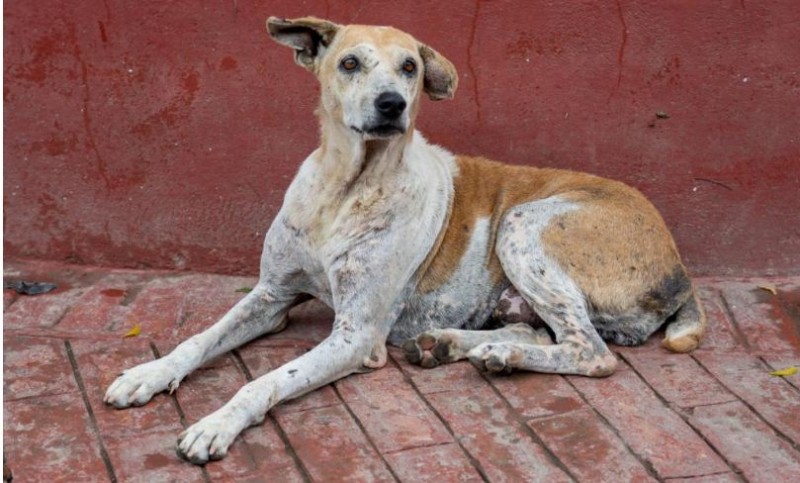
New Delhi: A central team that visited the state to investigate the claimed claimed in its report to the Union health ministry that rabies deaths in Kerala were not the result of inadequate immunizations, according to official sources.
The majority of fatalities, reportedly could have been avoided if the general public had more knowledge of what to do and what not to do in the event of an animal bite, according to the sources.
In the cases analysed, there has been a delay in seeking time and proper animal bite management, which may be due to a failure to appreciate the significance of prompt and thorough rabies post exposure prophylaxis. The committee has suggested that intensive information education and communication actions are needed for all target audiences regarding the dos and don'ts for managing animal bites, they stated.
Also, proper wound cleaning facilities in animal bite management centres, even at the tertiary care level, and restricted ARV/ARS availability at peripheral health facilities—only 30% of PHCs and UHCs had ARV available, and 3.5% of all facilities had ARS—are blamed for deaths.
One official source stated, "None of the deaths could be traced to vaccine/RIG quality, the report said." Over the past six years, Kerala has recorded a steadily rising number of animal bite events (mainly involving dogs) and rabies-related deaths.
When compared to the overall number of deaths in 2021, the number of deaths in 2022 (21) has about doubled. The most recent case of rabies death included a 12-year-old girl who passed away in the Pathanamthitta area after receiving three doses of immunisation and received much media attention.
A central team made up of representatives from the National Center for Disease Control (NCDC) was sent to Kerala last month to conduct a thorough clinico-epidemiological examination of all 21 fatalities in 2022.
The team carefully examined every case file related to the deceased to look for any indications of clinical symptoms, the nature of any exposure, any history of vaccinations, and any rabies laboratory tests. The team visited the State Institute of Animal Disease (SIAD), Pallode, Kerala Medical Services Corporation Ltd. in Trivandrum to learn about the ARV/ARS stock situation, the Government Medical College in Trivandrum, the State Public and Clinical Health Laboratory, and debriefed the Director of Animal Husbandry and the Principal Secretary (Health) of Kerala.
Six patients with a history of exposure to dog bites died despite receiving vaccinations, according to the investigation. Of these six instances, three had fatal exposure and passed away even before the recommended immunisation schedule was complete, according to official sources. Due to a nearby health facility's lack of availability, one case with fatal exposure was delayed in receiving RIG by five hours.
Source said, one patient was a vaccine defaulter and another case had delayed treatment by a large amount (vaccinated after symptom onset). In 4 cases with no obvious history of exposure or possibly because these cases were unable to recognize/recall the exposure and therefore were not vaccinated and presented to the health facility after onset of symptoms, one case had a history of CAD and the other had a history of multiple drug and alcohol addictions.
The report was cited by the official source as saying that there was a "significant knowledge gap among health care professionals regarding decision to treat different categories of animal bite victims, case diagnosis, laboratory aspects, such as optimal sample in Antemortem and post-mortem cases, also needing to be addressed through capacity building."
According to the source, who was referring to the study, "the lack of actions and timely intervention by veterinary counterpart notwithstanding the Supreme Court instructions far back in 2016 in handling the stray dog epidemic is pertinent to state here."
The team advised for IEC activities, provision of ARV/ARS at all healthcare facilities, strengthening of laboratories and use of standard protocols, capacity building and periodic refresher training of physicians, strengthening of rabies inpatient facilities, strengthening of intersectoral coordination and strategic planning for formulation of State Action Plan for Rabies Elimination on the lines of National Action Plan for Dog Mediated Rabies Elimination by 2030 by One Heal.